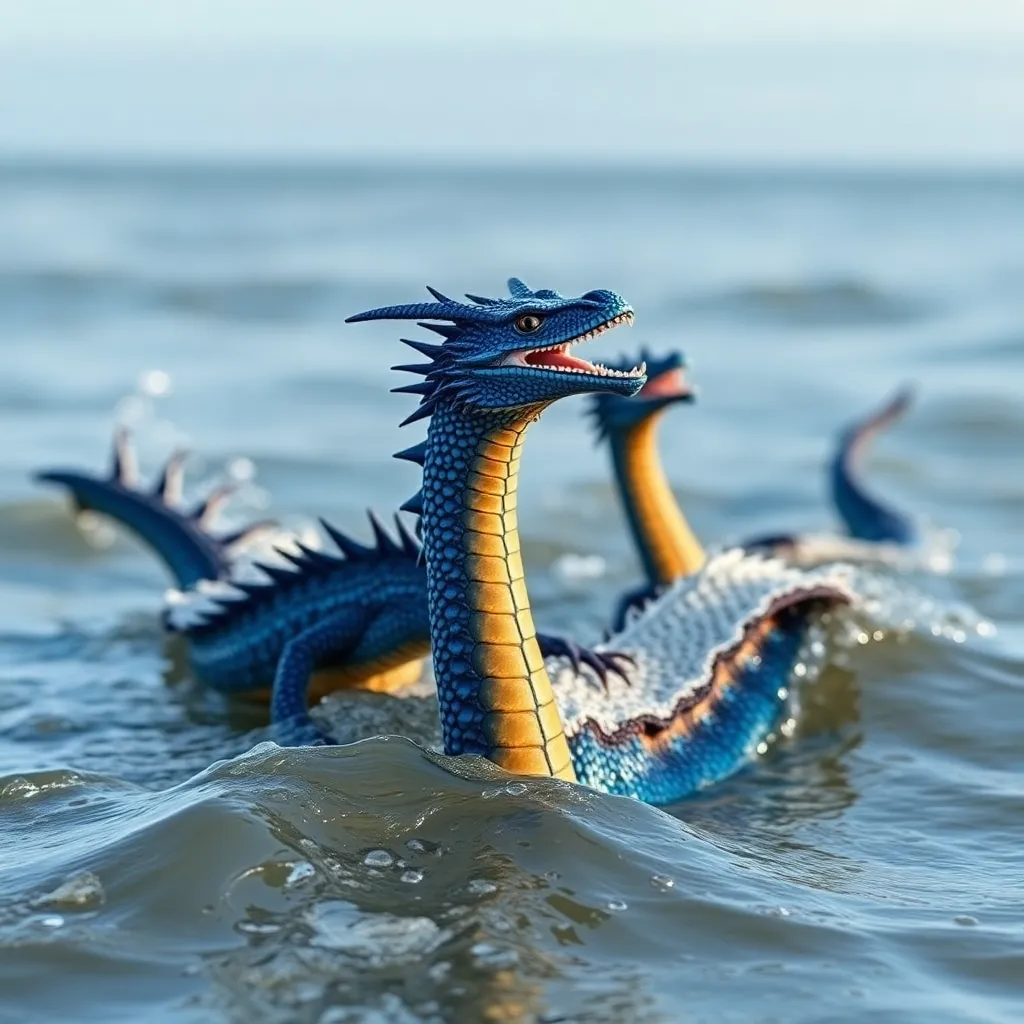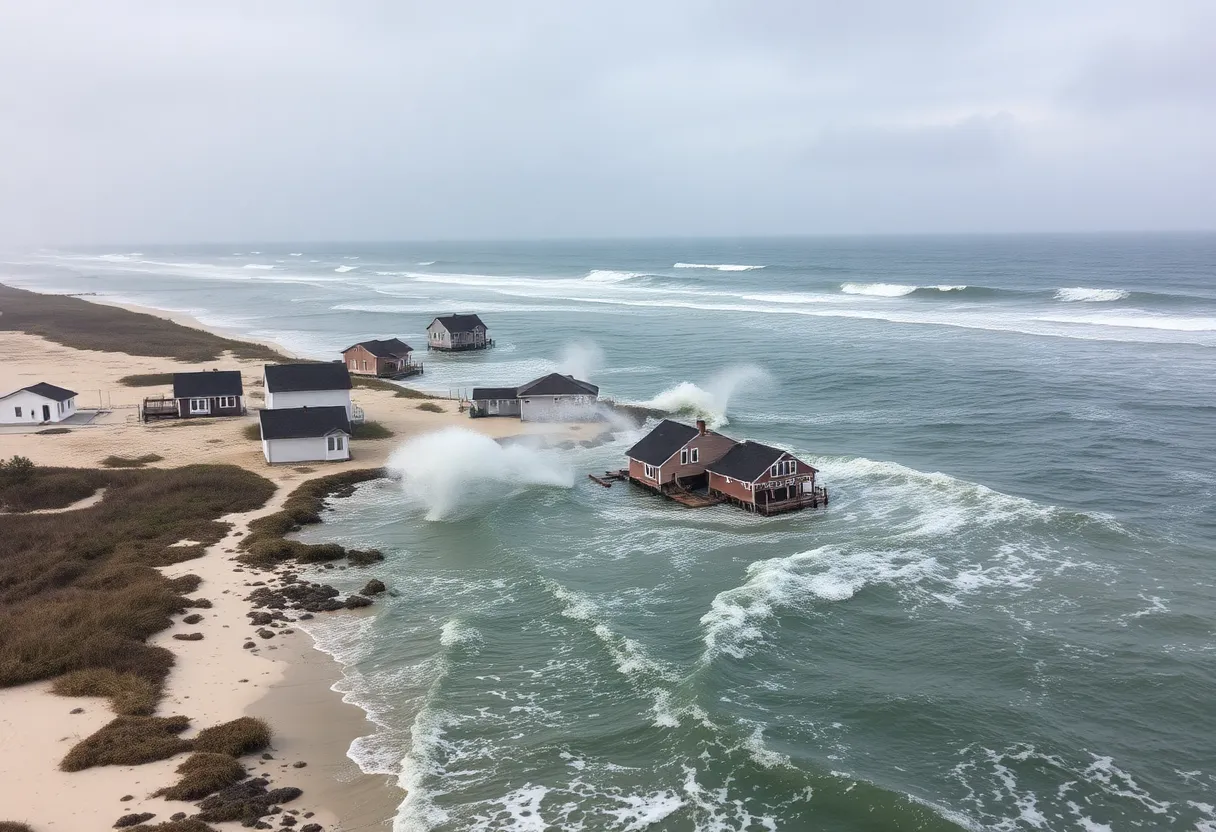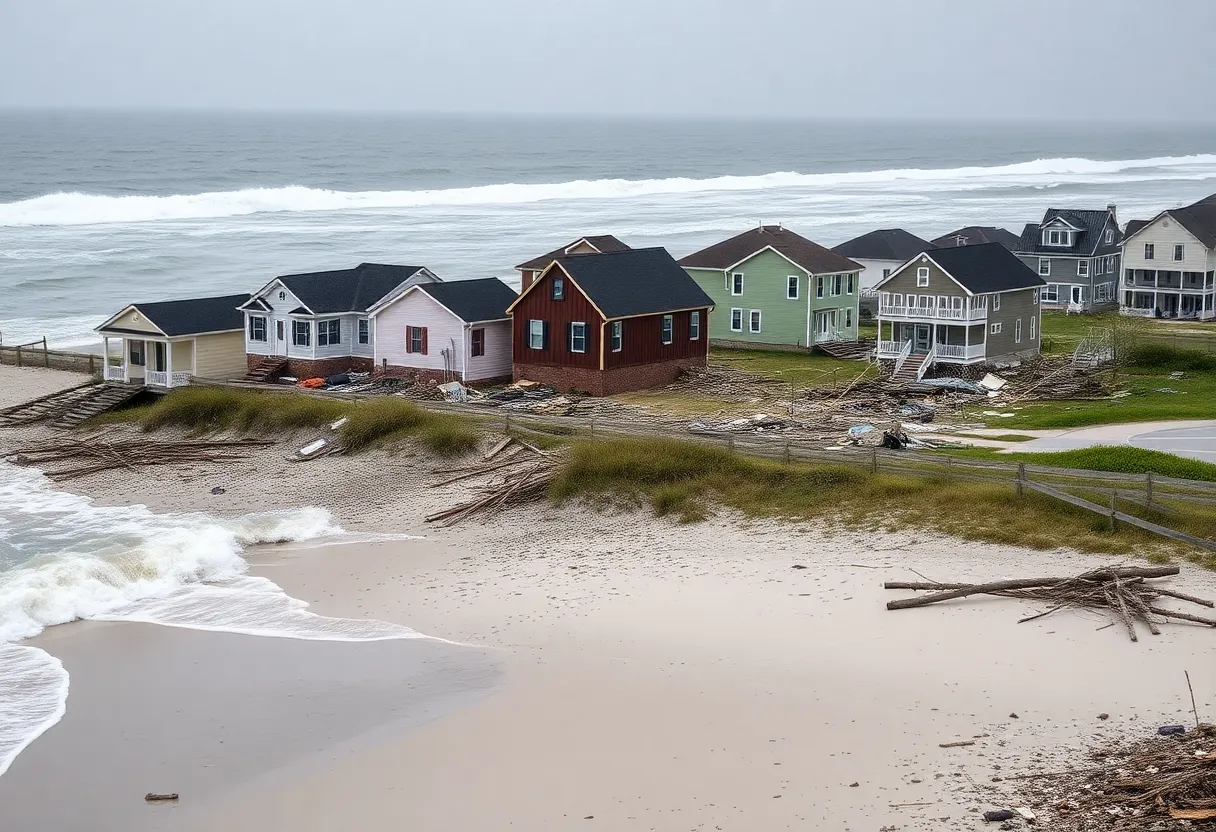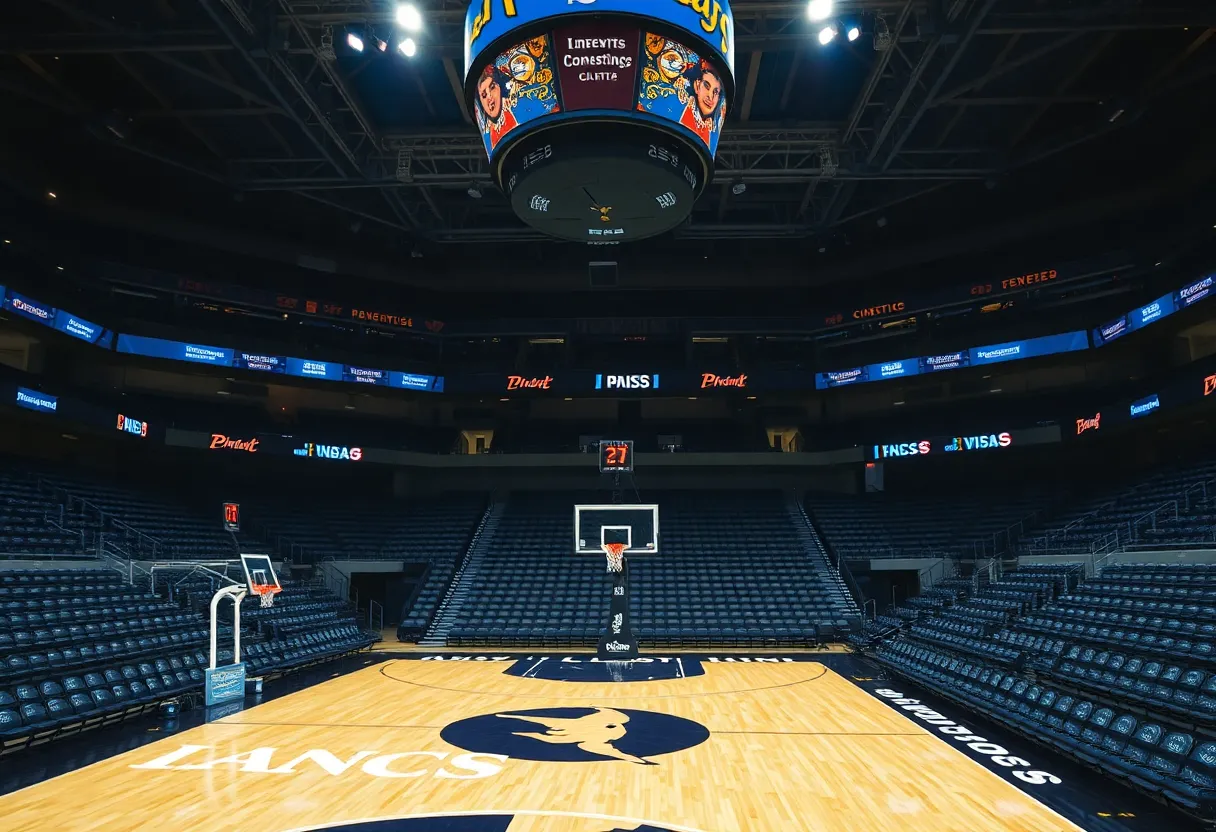Blue Sea Dragons Spotted on North Carolina’s Outer Banks!
Buxton, N.C. – It’s not every day you come across something as fascinating as a venomous sea slug right here on the sunny shores of North Carolina! Folks in Buxton were in for a surprise when these beautiful blue sea dragons started making an appearance along the Outer Banks. So, let’s talk about these little critters and what you need to know if you happen to spot one!
What Exactly Are Blue Sea Dragons?
Blue sea dragons, scientifically known as Glaucus atlanticus, are tiny little guys measuring just about one inch long. They might be small, but don’t let their size fool you. These slugs are quite extraordinary and are well-known for their bright blue coloration. Their beauty, however, comes with a sting – these slugs are venomous!
Where Do They Come From?
So, why are these slugs popping up along our coast? Blue sea dragons are primarily found in the warm waters of the Pacific, Indian, and Atlantic oceans. While they usually prefer temperate or tropical waters, the warming oceans have been providing them with new habitats. Recently, they’ve even been spotted all the way down on the Texas Gulf Coast!
Why Are They Here?
Blue sea dragons tend to appear along the shoreline after strong winds or storms. They’re mostly carried ashore by the currents, and you might see them “hitching a ride” on the waves. Keep your eyes peeled, as they can travel in groups, which means you might find more than just one!
Safety First!
The Cape Hatteras National Seashore is advising everyone to admire these slugs from a safe distance. Remember, while they might seem like cute little ocean dwellers, their venom is something you want to avoid getting too close to. Interestingly, even after they die, blue sea dragons can still be venomous. Yikes!
Feeding Habits
What do these slugs eat, you ask? They primarily feast on the notorious Portuguese man o’ war jellyfish. The blue sea dragons are remarkable in that they can consume the jellyfish’s venom and store it for their own defense, making them a double threat if you happen to cross paths with them.
What You Can Do
If you’re lucky enough to spot a blue sea dragon while visiting the Outer Banks or any coastal area, be sure to take a moment to appreciate their uniqueness. Just snap a picture from a distance and refrain from touching them. Let’s respect these incredible creatures and give them the space they need to thrive.
In Conclusion
There you have it! The outer banks have welcomed some of the ocean’s most intriguing and stunning creatures right to our sandy shores. As these blue sea dragons grace us with their presence, let’s enjoy their beauty while keeping ourselves safe. 🌊 Stay curious and keep exploring the wonders of nature!

Author: STAFF HERE OUTER BANKS WRITER
The OBX STAFF WRITER represents the experienced team at HEREOBX.com, your go-to source for actionable local news and information in the Outer Banks, Dare County, and beyond. Specializing in "news you can use," we cover essential topics like product reviews for personal and business needs, local business directories, politics, real estate trends, neighborhood insights, and state news affecting the area—with deep expertise drawn from years of dedicated reporting and strong community input, including local press releases and business updates. We deliver top reporting on high-value events such as the Outer Banks Seafood Festival, NC VIP Fishing Tournament, and NCBBA Red Drum Tournament. Our coverage extends to key organizations like the Outer Banks Chamber of Commerce and Outer Banks Community Foundation, plus leading businesses in tourism, retail, and hospitality that power the local economy such as Kitty Hawk Kites, Outer Banks Mall, and Avon Fishing Pier. As part of the broader HERE network, including HEREAsheville.com, HERECharlotte.com, HEREGreensboro.com, and HERERaleigh.com, we provide comprehensive, credible insights into North Carolina's dynamic landscape.





